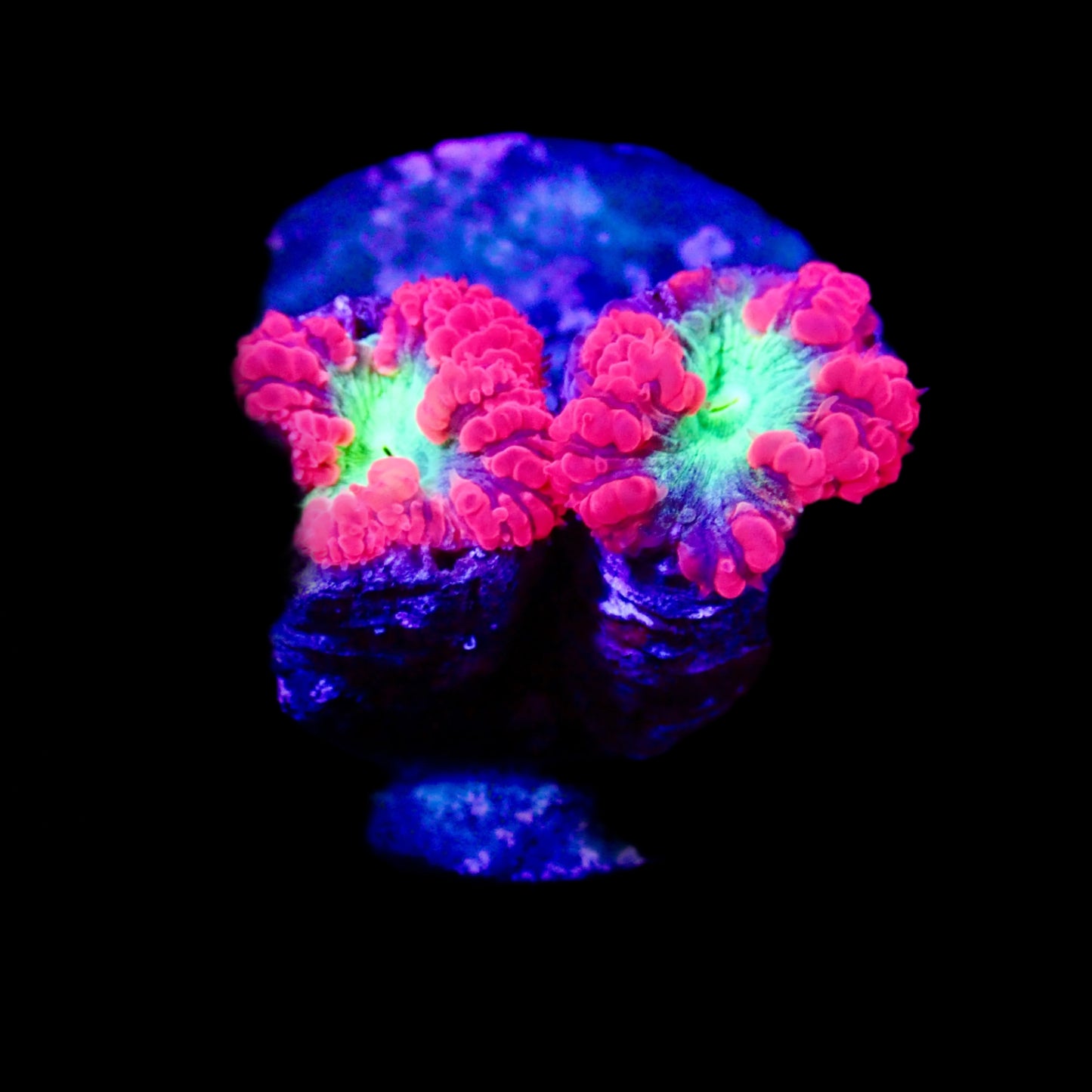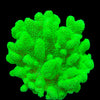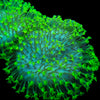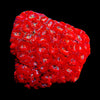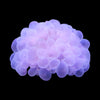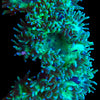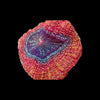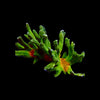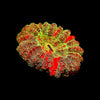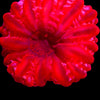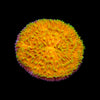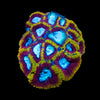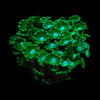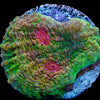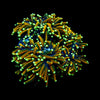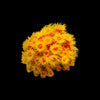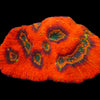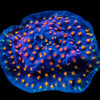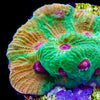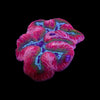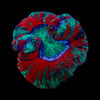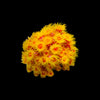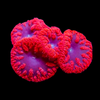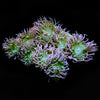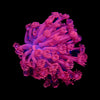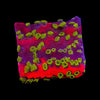Coraux Indo Au
Blastomussa Wellsi WYSIWYG
Blastomussa Wellsi WYSIWYG
Available
Couldn't load pickup availability
The Blastomussa wellsi is a stunning Large Polyp Stony Coral (LPS) known for its fleshy, vibrant polyps. With shades of red, green, purple, and orange, this coral adds a splash of color and softness to any reef aquarium. Ideal for beginner and intermediate aquarists, it’s prized for its moderate growth rate and easy maintenance.
Care Guide:
1. Tank Size and Setup:
• Minimum volume: 50 liters (13 gallons) for stable parameters.
• Lighting: Low to moderate (recommended PAR: 40–100 PAR). Use low-intensity LED or T5 lighting to avoid bleaching the polyps.
• Placement:
• Lower or middle areas of the tank, away from intense direct light.
• Allow 2–4 inches (5–10 cm) of space around the coral to prevent aggressive interactions.
2. Water Parameters:
• Temperature: 75–79°F (24–26°C).
• Salinity: 1.024–1.026 (specific gravity).
• pH: 7.8–8.4.
• Calcium: 400–450 ppm.
• Alkalinity (KH): 8–12 dKH.
• Magnesium: 1250–1450 ppm.
• Nitrates: Below 10 ppm (ideally 2–5 ppm).
• Phosphates: Below 0.05 ppm.
3. Flow:
• Low to moderate. Excessive flow can cause polyp retraction or tissue damage.
4. Feeding:
• While primarily photosynthetic, supplemental feeding enhances its coloration and growth:
• Enriched brine shrimp, frozen mysis shrimp, or LPS coral food.
• Frequency: 1–2 times weekly, preferably at night or when polyps are open.
5. Compatibility and Tank Mates:
• Reef-safe: Yes, and very peaceful. It does not harm other corals.
• Ideal tank mates: Peaceful fish like gobies, clownfish, or non-aggressive dwarf angelfish.
• Avoid: Aggressive fish or invertebrates that may nip at its tissues, such as butterflyfish or large crabs.
6. Maintenance and Growth:
• Gently clean the polyps to remove debris or algae.
• Perform biweekly water changes (10–15%).
• Growth is moderate to slow under optimal conditions.
7. Signs of Health:
• Fully inflated, colorful polyps.
• No white patches, tissue recession, or necrosis.
8. Special Precautions:
• Avoid handling its fleshy polyps directly to prevent infections or stress.
• Maintain stable water parameters to avoid sudden fluctuations.
• Keep it away from aggressive corals that may damage its delicate tissues.
Share
